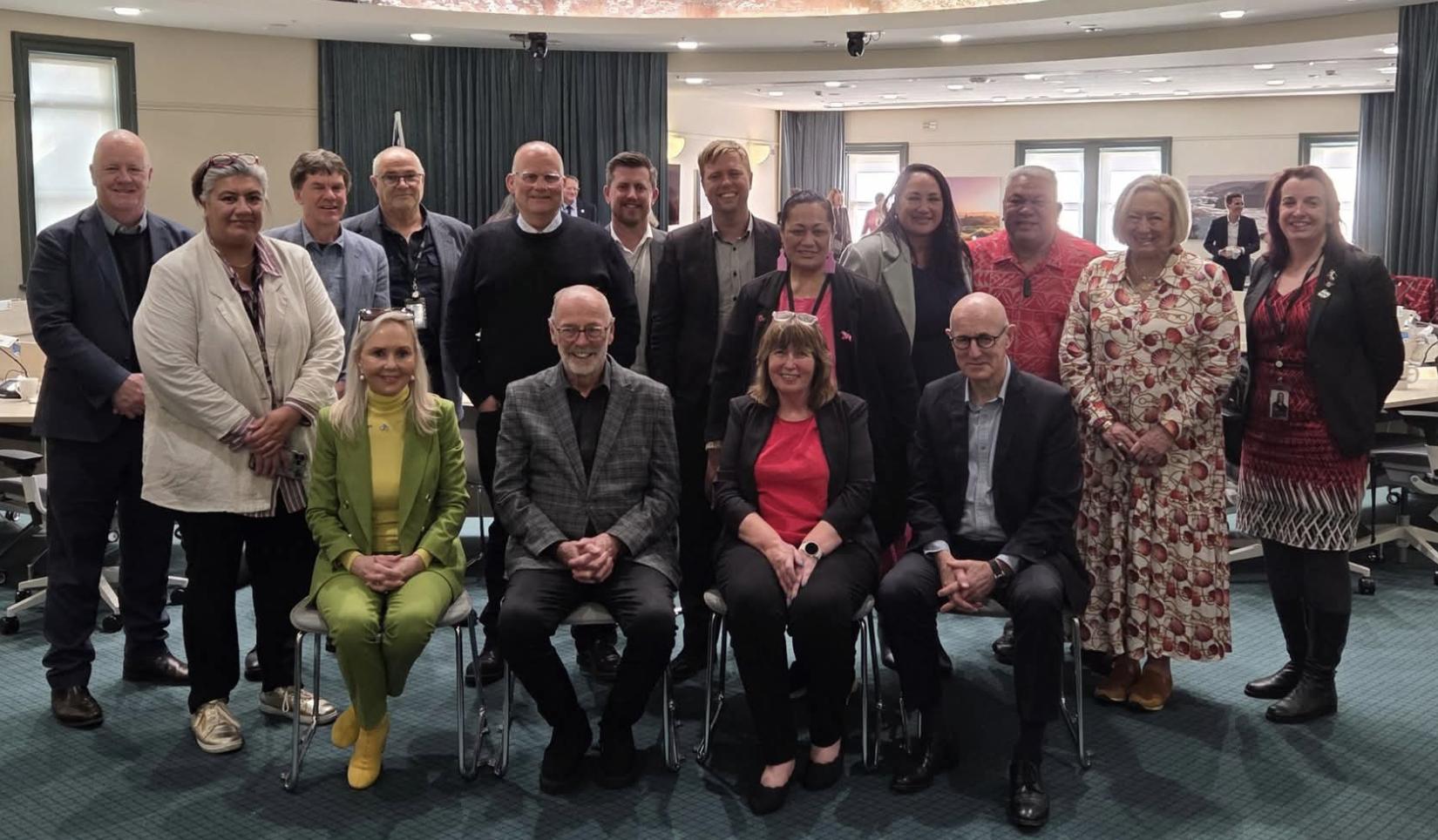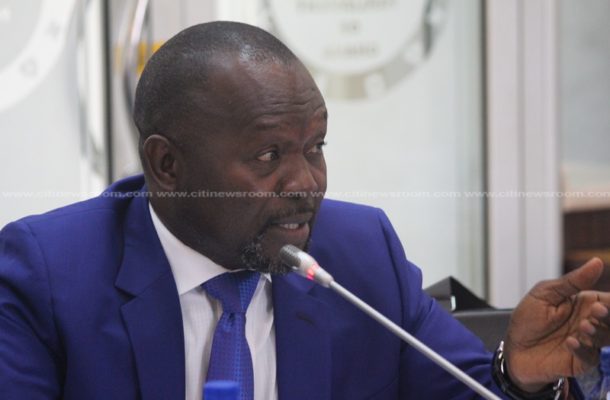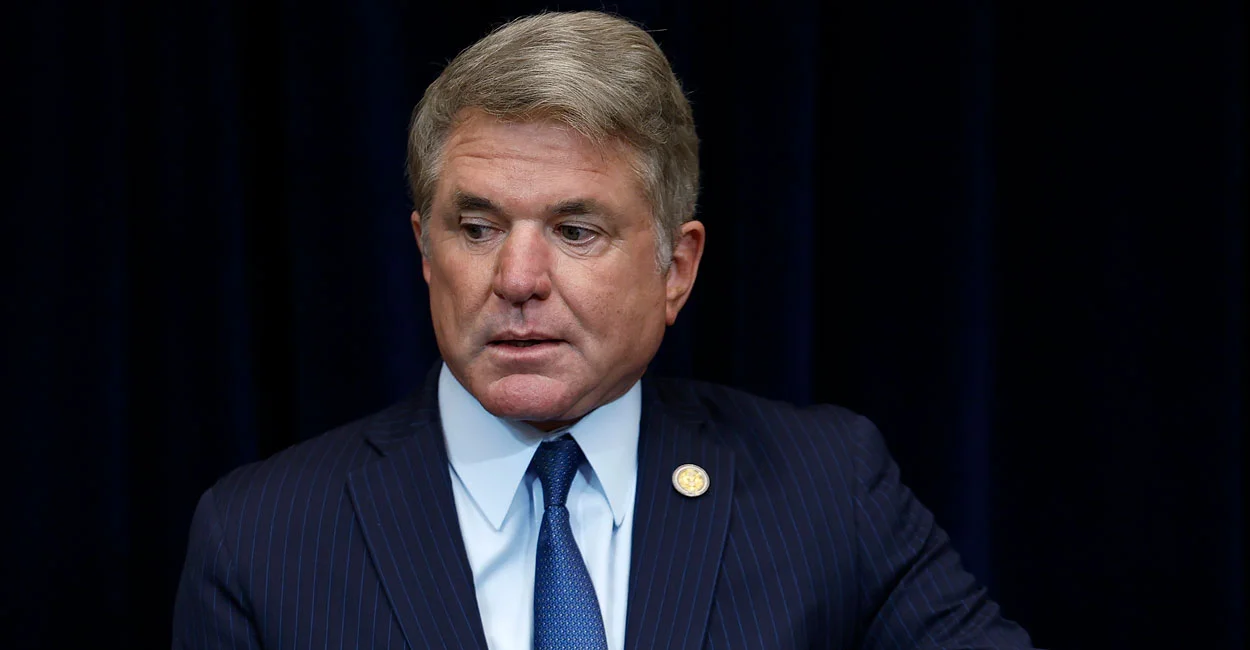By Tim Murphy
Copyright newsroom

Analysis: “Either you or I will be retiring soon,” says Mayor Wayne Brown looking at his main challenger councillor Kerrin Leoni, confident it won’t be him.
Leoni, earlier, gave what might be her final speech at the council table as she is standing solely for the mayoral role: “Because we’re not sure how things are going to work out after the election, I really want to acknowledge the great leadership of the chief executive,” she said, pointedly.
Joining her in leaving council seats are three local government veterans: Sharon Stewart from the Howick-Pakuranga ward, Chris Darby from North Shore and Angela Dalton from Manurewa, meaning four new faces will appear next month.
That’s a 25 percent turnover, at least. Others may well fall out of this final council photo, with Brown running a ticket to unseat four councillors in Manukau and Albany and what look like tight contests in the west and central city.
Brown signed off from his first term saying he had “enjoyed leading this group” and praising the departing trio for their 21 years (Darby), 18 years (Dalton) and 30 years (Stewart) of “wonderful work serving the community”.
The mayor was in one of his lighter moods. Enjoyment wouldn’t have been the word he used much of the time through a term that started with the Auckland flood disaster and a multi-hundred million dollar budget hole, then steep cost cuts and staffing restructures. It has also seen him delayed or frustrated at times in getting his way on major asset changes, transport reform and a new accommodation levy.
But he and others listed off achievements too – persuading the Government to end Auckland Transport’s control over policy and roads, holding on to a Moody’s credit rating of AA2 this week with a stable outlook, and council books that in an annual report out on Friday will show a positive financial result.
The council’s chief financial officer Ross Tucker had a note of caution for the councillors who will be returning, predicting a “packet of cost pressures” to be dealt with in the next budget.
“We are not talking about financial crisis,” he said, “but we are talking about emerging pressures”.
One cause is an increase in the council’s asset valuations, and depreciation commitments, as it has infrastructure such as the City Rail Link stations “vested” in it ahead of the underground rail connection opening in 2026. Another is advance commitments these councillors made with the Government to spend on eliminating level rail crossings.
For those hoping to return, he confirmed a starting point for a 2026 rate increase for Aucklanders remained the 7.9 percent signalled at the last Budget – a big proportion of that to cover the cost of operating the new train system (around $235m annually from launch).
“If not carefully managed, the risk is it increases to double digits.”
So, for the lucky souls about to be elected or re-elected, a few early tasks, first up needing to find “mitigations” to stop a double digit rates rise – increase revenue, contain costs. “That constrained approach. Do what we do,” Tucker said.
Those about to sign off might have breathed a sigh of relief. They had all been there and done that over many terms on community or local boards, precursor councils before the Super City or since amalgamation in 2010 on Auckland’s governing body.
Signing off
Sharon Stewart is one of the council’s more silent members, seldom hogging the floor and rarely standing out. But she took her final chance to set out three decades of deep work in her Howick community – from founding a United Asian Association when migration to the eastern suburb soared in the early 1990s to running the Howick military tattoo, community blood donation drives and promoting search and rescue efforts.
Stewart said she was advised by none other than former National MP and local politician at the time, Jami-Lee Ross, not to stand for the amalgamated council in 2010 as she didn’t have a chance. She topped the poll with 23,000 votes “5000 more than Jami-Lee Ross or Dick Quax”.
Her valedictory was telling for that political truism in local government – the truly local servant is rewarded for their community involvement and authenticity.
Brown saluted her as the “legend from Howick”.
Chris Darby, who does hold forth at council meetings and has had prominent roles running the planning committee during major reforms, had what he called his “last hurrah”.
“I gave it everything and in this one, precious life that we have it’s time to take stock.”
His political life started after helping lead the challenges to the Bayswater Marina for the Ngataringa Bay Society and being encouraged on to the North Shore City Council, then on to Auckland Council.
Darby summed up his political approach: “Get stuff done, add value every day and nudge Auckland forward.”
And he spoke a name seldom lauded in this institution, that of founding Super City mayor Len Brown, who initiated the final push for the City Rail Link before personal and political challenges saw him bow out after two terms.
“I must mention the incomparable Mayor Len Brown as the consummate city cheerleader… I hope to see him handed the scissors and open ‘Len’s trainset’ next year.”
Darby viewed himself as a progressive independent and noted that had sometimes seen him left out when tribal politics dominated. He had tried to release Auckland from a 1950s time warp and create a quality, compact city and a design that serves “generations that we will never meet”.
Angela Dalton’s sign-off was delivered remotely as she is recovering from knee surgery.
Brown told her: “I hope your new knee can thrust you forward into a new future.”
She said leadership was about listening, first, and her goal had been to give her communities of Manurewa and Papakura “not just engagement but real influence.
“Communities in the south deserve as much as others. Women, women with lived experience, must have a seat at the table, not at the expense of men but alongside,” Dalton said.
Her political drivers were equity, inclusion, courageous conversations, and “to stand for something bigger than ourselves” which she committed to continue doing beyond local government.
“Leadership doesn’t end with a title. The work is never finished and neither am I.”
Brown praised a “wonderful, kind speech”.
The language police, copped
While the farewell session was in good spirit, on Wednesday the debate at the policy and planning committee frequently got testy.
At one point, when councillor Maurice Williamson said options over changing Auckland’s housing density plan were like being offered “a firing squad or lethal injection”, others loudly interjected trying to stop what they called “violent language”.
As Williamson shrugged and said it was a commonplace term, the committee chair, Richard Hills, ruled he would not have violent language. Williamson changed it to “between a rock and a hard place, two reasonably ghastly options.”
Later in that same meeting Christine Fletcher wryly checked herself when she started to say they had to deal with a former plan change PC 78, “warts and ..”, noting she wasn’t sure she could say that any longer.
At the final council meeting, councillors smarting at having their wording policed had the last laugh.
Hills, speaking on Auckland Transport governance, found himself warning that councillors should not sheet home blame by throwing people under a bus.
Councillor John Watson stopped him midstream pointing out “violent language” had been prevented the day earlier; Williamson chortled.
Hills took a moment, then accepted he was snookered. “Throwing someone under the bus is also violence,” he offered. “I withdraw and apologise.”



